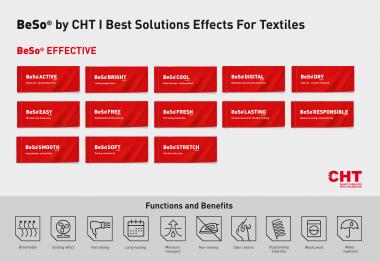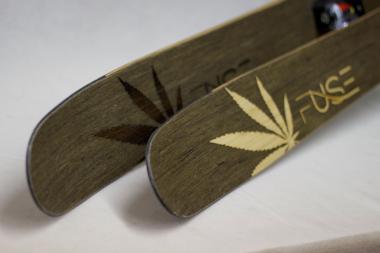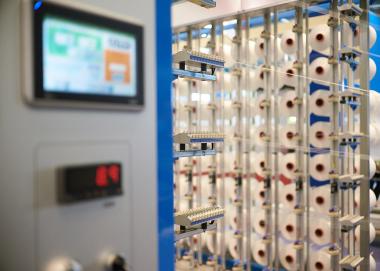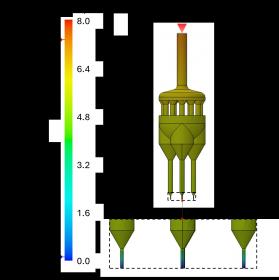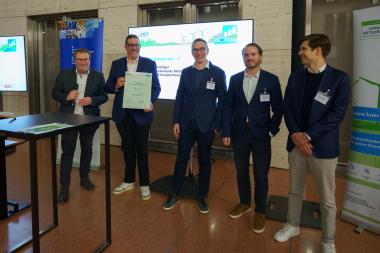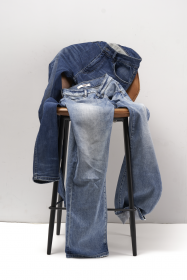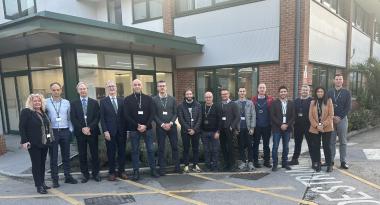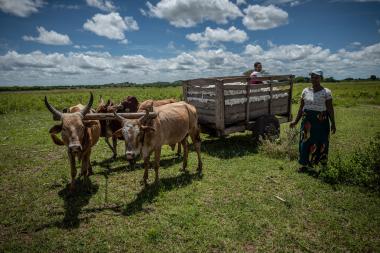PERFORMANCE DAYS: CHT presents sustainable textile innovations
At the PERFORMANCE DAYS Functional Fabric Fair in Munich on 20 and 21 March 2024, CHT will present its latest sustainable textile technologies with a focus on dyeing and effect chemicals.
These products are used to finish textiles with special functions such as water repellency, breathability and efficient moisture transport. Significant amounts of water and energy can be saved during the dyeing and finishing process, resulting in a lower CO2 footprint.
In addition to effect chemicals, CHT will be presenting its dyeing products with a focus on the use of bio-based, biodegradable and recycled materials to support the circular economy.
CHT Germany GmbH


